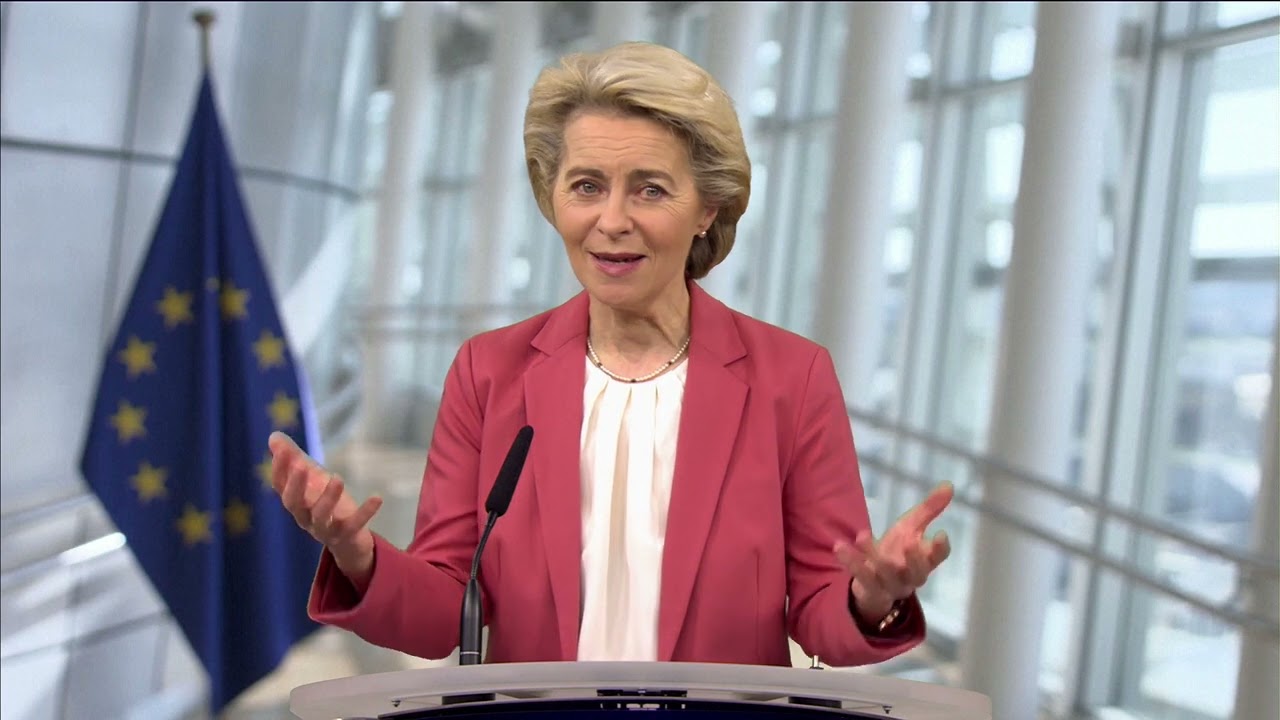Ursula von der Leyen is continuing to heighten the pressure to nominate women in the next coming European Commission by the EU member states, so that the image of running a woman president and her male ‘team’ is avoided in every possible way. In POLITICO, two EU officials admitted that there is a ‘risk of embarrassment’ for the institution, which stands for gender equality. They emphasized that von der Leyen does not deliver on gender diversity expectations and this has implications for her position and that of the EU’s equality commissioner.
Such worries exist, notwithstanding the fact, as looking, into the future, three of the most significant positions, these being held by women: the president of the European Commission, Ursula von der Leyen, the EU’s foreign policy chief, Kaja Kallas, and the president of the European Parliament, Roberta Metsola. Maintaining gender balance in the 26-member commission remains one of the most challenges.
In her first term, von der Leyen has been able survive as boundaries were pushed in the management of several problems including Covid-19 and the invasion busting Ukraine with Russia. Now, as she is about to summon her next commission, accomplishing gender equality has turned out to be another new and most revealing challenge.
Out of the 27 countries, only nine, excluding von der Leyen herself, have so far put their nominations. Some experts and politicians are of the opinion that having a Commission with no women could be a hindrance to the success of the activities of the Commission. Jéromine Andolfatto of the European Women’s Lobby noted, “Sadly, equality of women and men is regarded as a luxury, or even something that can be done away with.”
Von der Leyen’s Influence
In an important development, Belgium nominated to the college a woman for the post of the commissioner. Romania too has been effective in this because it has replaced its male nominee for a woman, a gesture that indicates the influence of von der Leyen on the region. Reports have also emerged that she has twisted the arms of lesser states like Slovenia and Malta urging them to drop their men candidates in exchange for females.
Particularly, Malta is under pressure to renew the term of current commissioner Helena Dalli and not to appoint Glenn Micallef. This sort of dictates though influenced politically may be difficult to change by national governments.
Even with these declared goals, a number of governments however failed to submit two candidates of the perspectives by the law of at least one female and one male. Other countries give a reason of internal politics making his or her request to them not easy. As one European diplomat put it, “For this puzzle, it is up to von der Leyen to complete or arrange.”




+ There are no comments
Add yours